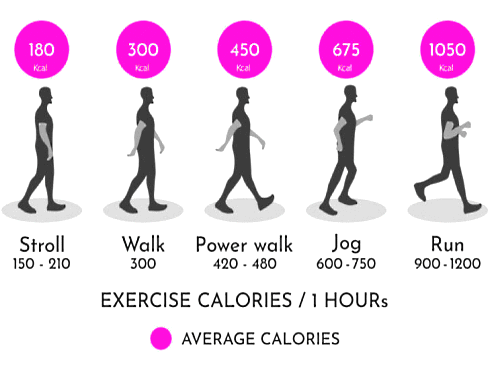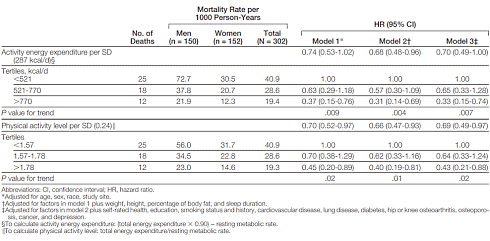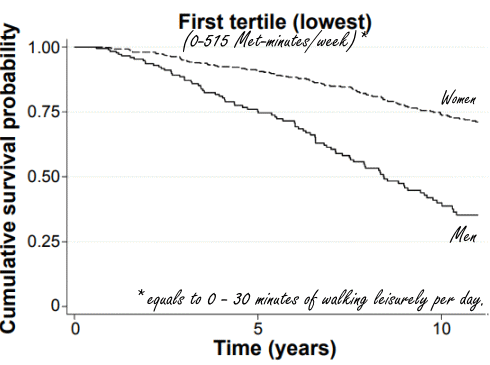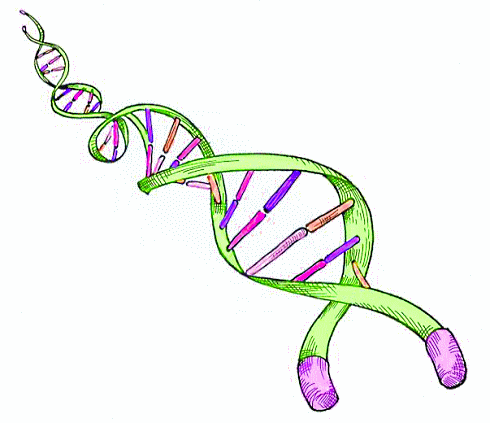|
Definition: "An ergogenic aid is any substance or phenomenon that enhances performance "
|
|
||||||||
17.05.2011 |
|
|
Burn more calories to increase your life span
The more energy people in their seventies expend on physical activities, the less likely they are to die. According to a study done by the American National Institute on Aging, elderly people who burn high amounts of calories because they take daily exercise are twice less likely to die than elderly people who do not burn many calories.
Exercise & life span
The protective mechanism that movement provides works in a complex way. Movement reduces the chance of dying from chronic diseases such as diabetes-2, cancer and heart and vascular disease. A partial explanation of the positive effect of movement is that it stimulates the activity of more detoxifying enzymes. A recent theory suggests that developed muscle mass results in considerable emissions of anti-inflammatory and life-extending signal substances. That's why muscular strength is believed to protect against cancer and why strong men are thought to live longer.
Study
The researchers used questionnaires to find out how much daily exercise the septuagenarians got and how many calories they burned as a result. They then monitored their subjects for 6 years.
Results
The figure below shows that, of the subjects who expended less than 521 calories on physical exercise, 25 percent died during the research period. Of the subjects who burned over 770 calories through exercise only 12 percent died.
Click on the table for a larger version.
The table above shows that, for every 287 calories that the septuagenarians expended on physical activity, their chance of dying declined by 30 percent. The researchers corrected their figures for every variable they could think of.
Conclusion
Source:
More: Archives:
|
|
|||||||||||||||







